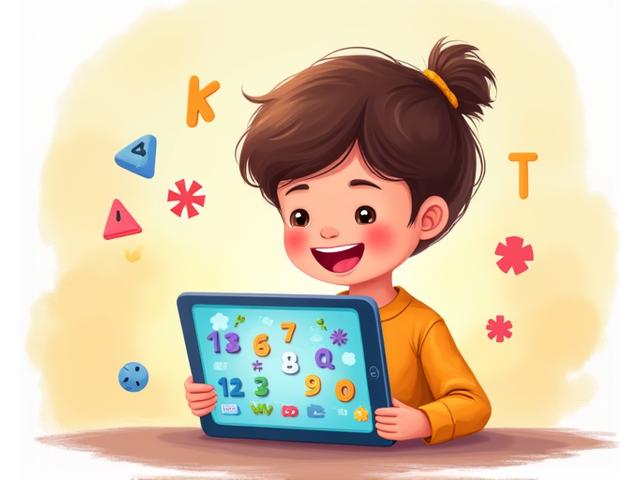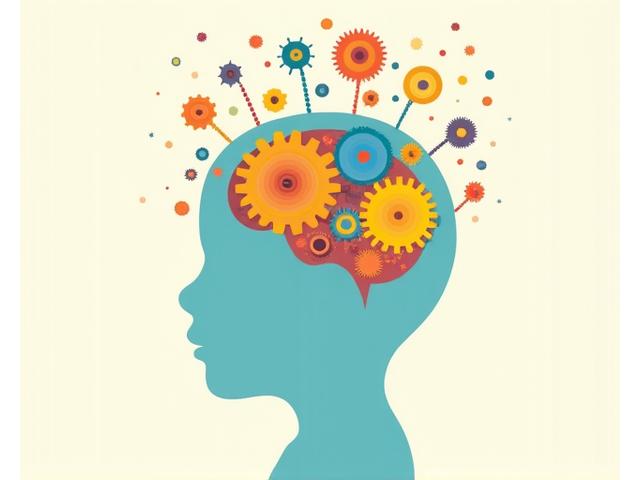Where Play Meets Purpose: Learning for Ages 2-7
Give your child the gift of learning that feels like pure joy and discovery. At FeatherPaw Games, we believe play isn't just fun – it's the most powerful way young children develop the skills they need for lifelong learning success.
Our games blend colors, numbers, and challenges to encourage curiosity, critical thinking, and social skills, turning everyday play into meaningful education.
Explore Our Approach See Our Games
Supporting Natural Development Through Play

Every child's journey is unique, and our games are designed to support key developmental milestones from toddlerhood through early elementary school. We focus on flexible progression, allowing each child to learn at their own pace.
Toddler Development (18 months - 3 years)
Our focus: Sensory exploration, basic recognition of shapes and colors, simple cause-and-effect understanding. Games encourage tapping, dragging, and joyful sounds.
Preschool Development (3-5 years)
Our focus: Symbolic thinking, early literacy and numeracy, social skill awareness (sharing, turn-taking). Interactive stories and problem-solving puzzles engage their growing minds.
Early Elementary (5-7 years)
Our focus: Rule-based play, critical thinking, preparation for foundational academic concepts. Challenges that build memory, logic, and attention span within a playful context.
While our games are designed with these stages in mind, we also understand individual variations. We provide resources to help parents recognize and celebrate their child's unique journey.
Different Types of Play, Different Types of Growth
Understanding various play types helps us craft experiences that promote holistic development.

Solitary Play
Builds concentration, self-directed learning, and independent problem-solving. Essential for developing internal thought processes.

Parallel Play
Develops social awareness, observation skills, and prepares children for cooperative interaction by being near peers.

Symbolic Play
Enhances creativity, abstract thinking, and language development through imaginative role-playing and storytelling.

Rule-Based Play
Introduces concepts of structure, fairness, and turn-taking critical for social understanding and logical reasoning.

Physical Play
Supports gross and fine motor skill development, coordination, and energy release, crucial for overall well-being.
Building Thinking Skills Through Playful Challenges

Our games are meticulously designed to foster crucial cognitive abilities, preparing children for academic success and real-world problem-solving, all while they're having a blast!
- Executive Function Development: Games that require planning, sequencing, and adaptability to achieve goals.
- Memory Skills Enhancement: Engaging activities focused on pattern recognition, recall, and short-term memory refinement.
- Problem-Solving Abilities: Age-appropriate puzzles and challenges that encourage creative solutions and logical thinking.
- Attention and Focus Building: Activities designed to engage children just enough to sustain attention without overwhelming their young minds.
- Language Development: Interactive storytelling, vocabulary builders, and narrative-driven play that expands communication skills.
The Science Behind Play-Based Learning
Our approach is not just intuitive; it's backed by robust scientific research. We continuously integrate the latest findings in child development and educational neuroscience to ensure our games offer the most effective learning experiences.
- Neuroscience Insights: Understanding how play stimulates brain development in early childhood, enhancing neural pathways for learning.
- Longitudinal Studies: Evidence from studies confirming that children in play-based early education exhibit sustained academic and social benefits.
- Global Best Practices: We draw from international models of successful play-based learning that outperform traditional methods.
- Austin-Based Expertise: Our collaboration with local early childhood development specialists and ongoing participation in community studies keep us at the forefront.

Supporting Your Child's Play-Based Learning at Home
Learning extends beyond the screen. We empower parents with insights and tools to seamlessly integrate play-based learning into daily life, fostering a continuous cycle of discovery.

Create Play-Rich Environments
Tips for setting up spaces that naturally encourage curiosity and exploration, both indoors and out.

Balance Screen Time with Hands-On Play
Practical advice for integrating digital learning with traditional toys, outdoor adventures, and creative activities.

Celebrate Every Milestone
Simple ways to observe, acknowledge, and encourage your child's developmental leaps and growing capabilities.
Growing Hearts and Minds Together
Beyond academic skills, we nurture the emotional intelligence and social competencies critical for well-rounded individuals. Our games create gentle, supportive environments for these crucial developments.